This is the story of 11 Syrian and 1 French friends. The journal from their trip, from July 15 to August 15, passing the borders, from Turkey to Syria.
***
(Nafar in arabic is the one without name, without right, a number in the mass, and it is how the smugglers are calling their clients, in arabic. “He is only a pocket of money”).
Part 2: Greece
Athenes, and the way to Macedonia (2/2)
For previous parts of the journey click here.
Güncenin Türkçesi için burayı tıklayınız.
We arrived in the morning by ferry to Athens. In the port of Pireus, a bus going to the train station got literally invaded by hundreds of migrants continuing their journey. We had another plan, most of us wanted to try to get in a plane to Brussels.
Thanks to great friends, we could stay in a very nice flat and have some rest. The temperature was around 40 degrees and it was almost impossible to move.
We contacted a guy who makes fake European ID cards, which we needed to get into the plane. Two of us went to meet “The Whale” (his nickname) in a cafe that he owns. He recommended us Czech Republic IDs, arguing that the Italian and Spanish ones were too much used and thus more suspicious. We took basic pictures with our smart phones, and paid 90 Euros each.
On the same night, the cards were ready. When we finally saw the results, we realized how bad those fake IDs were. For example the country Czeck Republic was written without any accents, we all had the same father and mother names, which was SPECIMEN Jan and Anita. “The Whale” obviously didn’t work hard for any strain, and just copy pasted the examples he could find on the Internet. The police would only need to give a quick look to realize it was a fake. But still, as many others passed this way, we decided to try it.
On the next morning 3 of us booked a flight to Brussels and went to the airport. As Greece is part of Schengen, there is no automatic check from the police. There is a boarding pass control where some policemen are waiting and can decide to check your identity cards if they suspect you. Then on the gate to the plane, a company employee looks at your ID to see if it has the same name with the one on the ticket. A police officer is also present.
The three friends passed those controls without any problems, and all of us got very excited when we learned that they arrived safely in Belgium and were on the train to Germany and Holland. On the next day, after a celebrating party, five more friends tried to pass. But this day wasn’t as lucky as the previous one. None of them passed. Some got checked in the first control, others in the gate. In one-hour time, around 20 other Syrians got caught. All of them had different ID cards and destinations. One of them explained that it was his 8th attempt already. The Greek policemen of the airport have been really kind to all of us, some were making jokes (“where are you from?” “France” “Well, if you are from France, I’m from Japan”), some wished us good luck for the next time or said they were sorry. They only took our fake papers and released us without other procedures.
We decided then to go on to the walking road, and left on the same night to Thessaloniki, in the north of Greece. The trains were all full, so we took a bus. The bus station was full of migrants, finally all the nationalities were mixed there (which was not the case in the island). Except on our bus, there wasn’t one single Greek passenger.
We arrived in the morning in Thessaloniki and tried to book a ticket to Evzonoi, which is the last Greek town before the border with Macedonia. The bus station was almost empty, except for the only office selling tickets to Evzonoi. There, hundreds of migrants were waiting for their turn, in a very stressful and chaotic atmosphere. The employees were loosing their temper, as everyone was trying to reach the office in a way or another. To get a ticket, you need to show the official paper that the Greek authorities gave you in the island. But while some of us got a document, which is a date of an appointment, others received a paper that forbids them to leave the country (the difference depends on which island you arrived). With this document no one can enter in the bus, your only choices are then to pay for an illegal taxi or to walk until the border (15 hour walk). Two of us were in this situation. They paid 50 Euros each to a driver who cheated them and left them 50 km from the border. They had to pay two other taxis to arrive.
The rest of the group went by bus. In an ironic way, the employees hesitated to give a ticket to the French girl of the group, probably because they got suspicious about her passport. We had to laugh a lot about this situation, where the one person with a European passport got more difficulties than the others. After different controls, she finally got in. The bus drivers were struggling to check who could get in or not. But even if they took a big risk while doing it, they let an African family with three children enter the bus even though they didn’t have the right documents. That was a very nice example of humanity. The bus was supposed to go to the town of Evzonoi, but it was actually going directly to the border with Macedonia.
***
“11 Nafar and 1 human”
We are a group of 12 people, 12 young persons full of hope and dreams, that met in Syria or in Turkey, and decided to go together to Europe. In the group, there is a doctor, a judge, 2 architects, a lawyer, 1 painter, 1 designer, a film maker, a social worker, a cook, an actor and a first-aider. Half of the group couldn’t continue their studies because of the war. Most of them escaped to Turkey some years before the decision to try their chance and cross the sea. But staying in Turkey means accepting to stay where there is no opportunity to work legally or to study. It means accepting to wait, only wait, for the situation to change. But our youth won’t last that long. In the group there are 11 Syrians and one French. For her, with her passport, the borders are open. In this system she is a human, she has the right and the possibility to be wherever she wants to. For different reasons, but with the common will of living this experience all together, we left Istanbul and are now on our way to a country where the nafarats could be humans again. At least, this is the goal.
(Yeşil Gazete, Migrant Solidarity Kitchen)

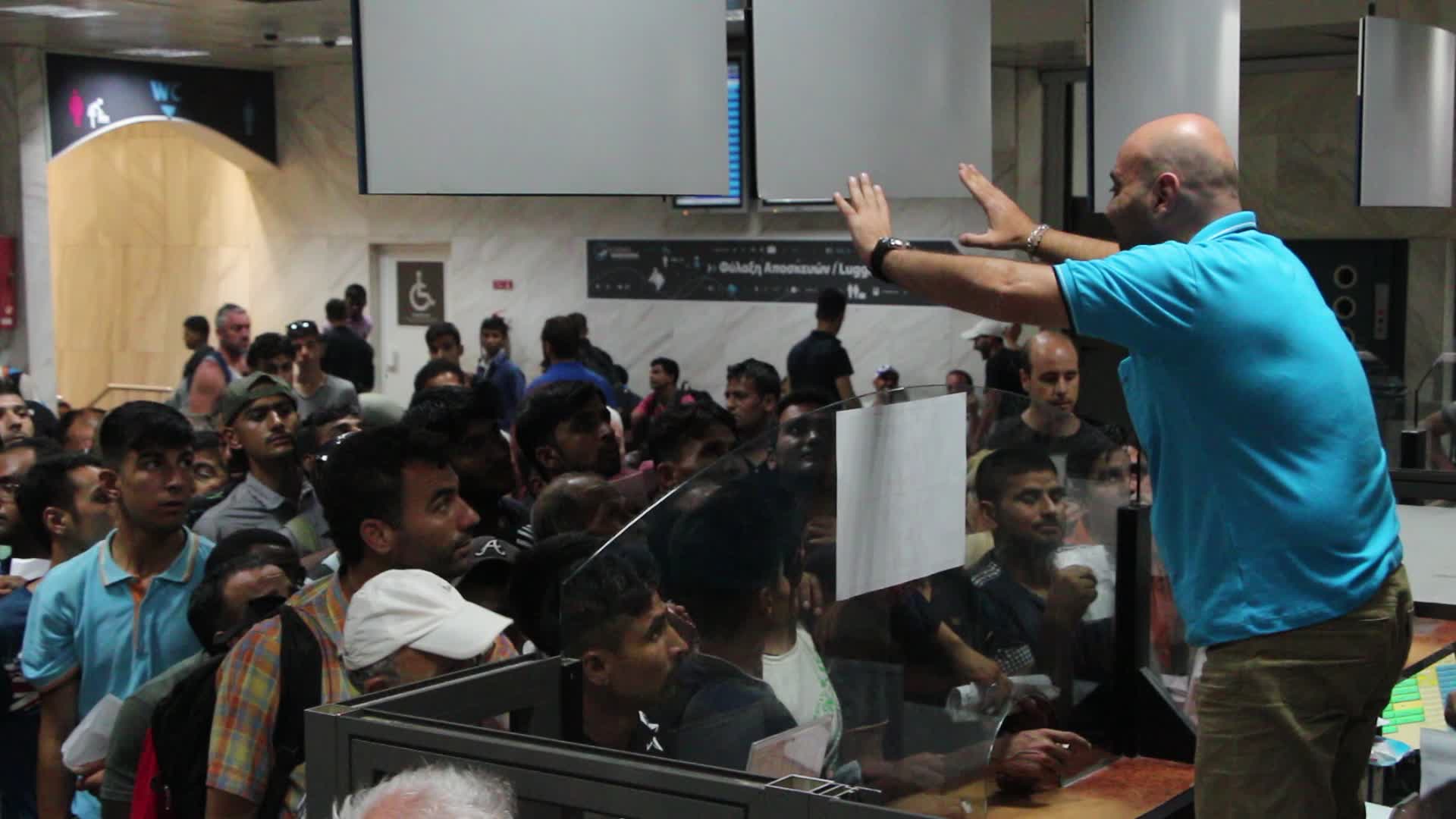
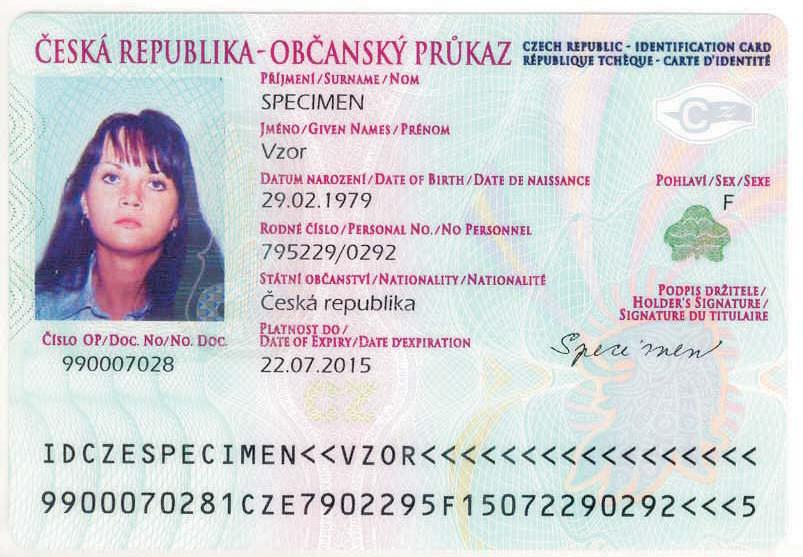
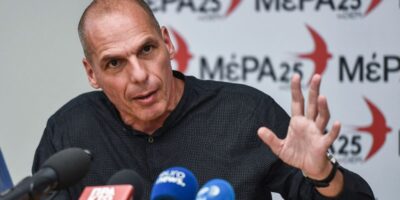
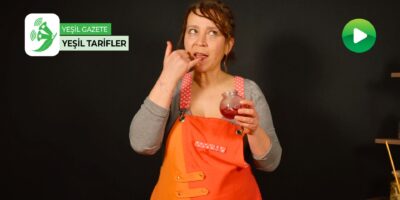
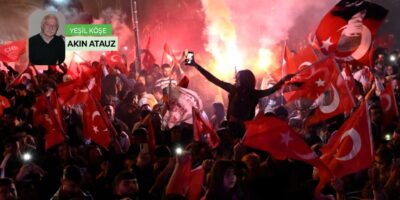
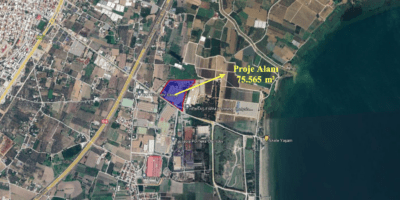
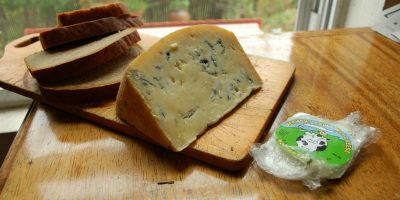
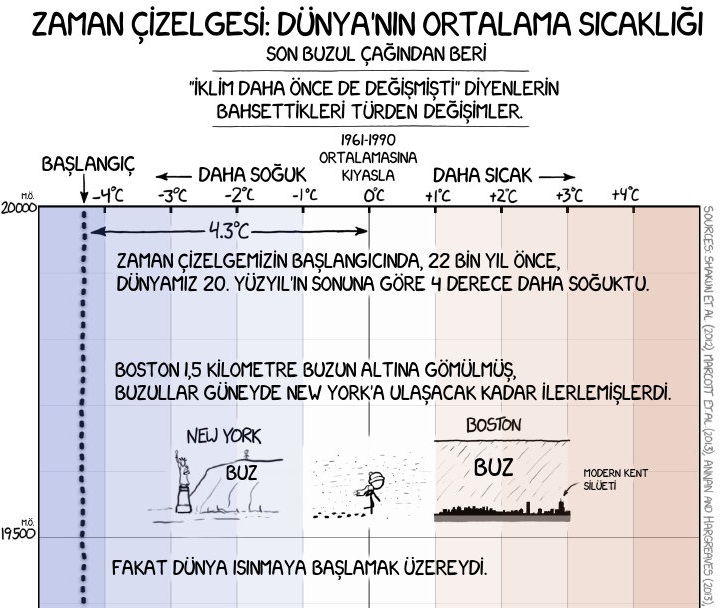


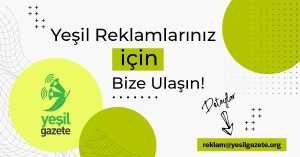
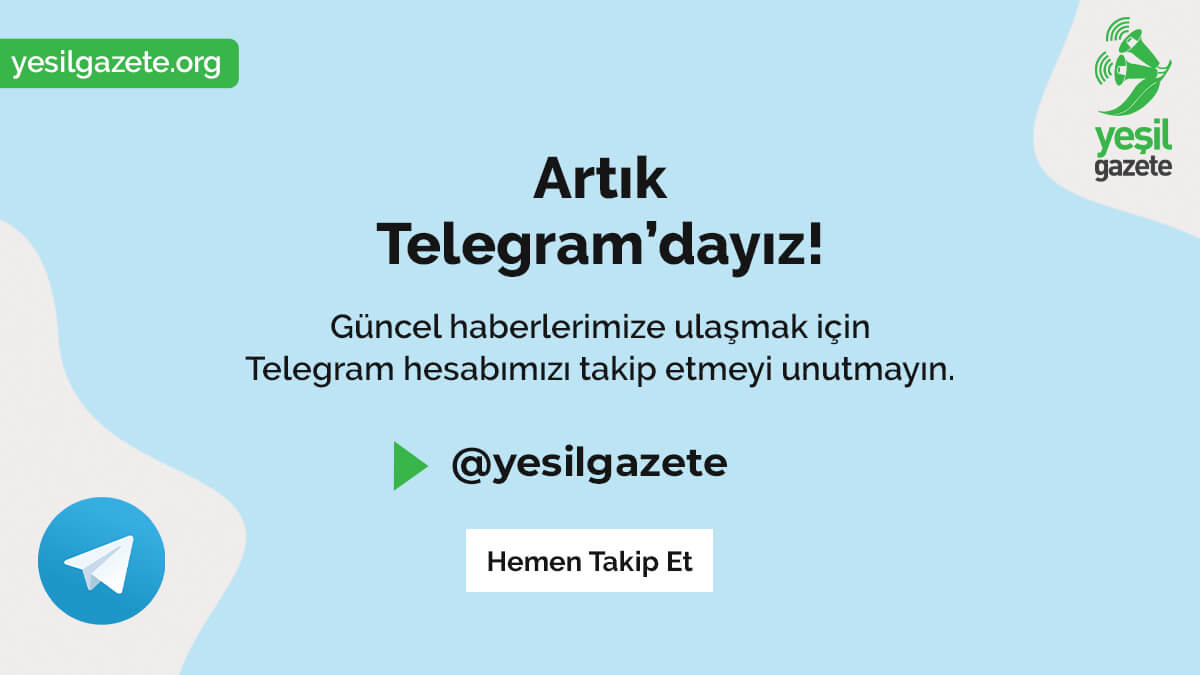
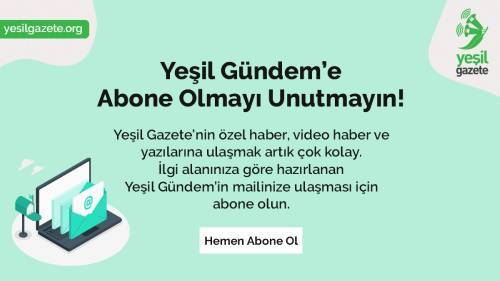
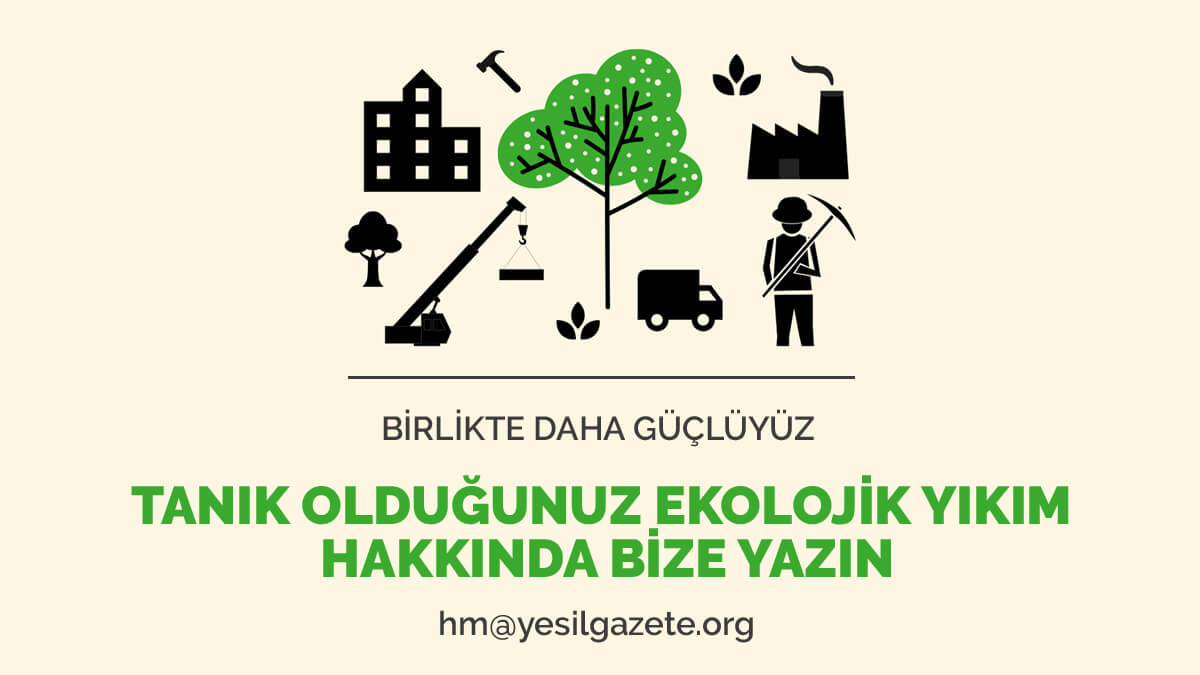

Comments